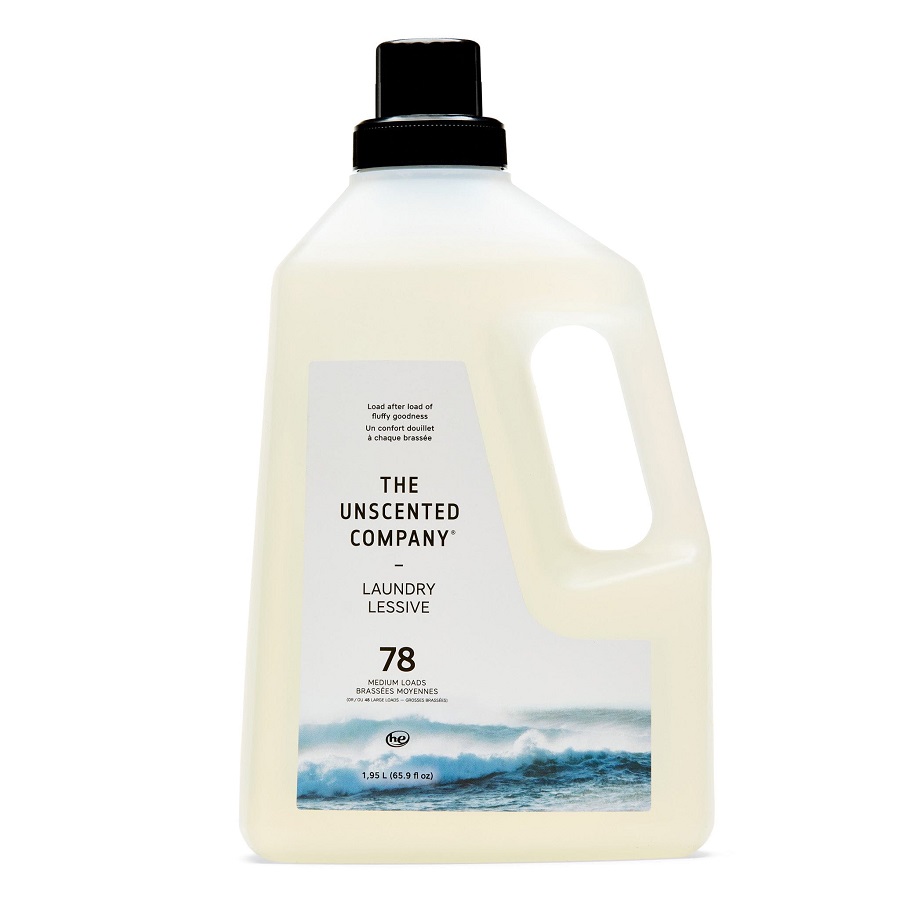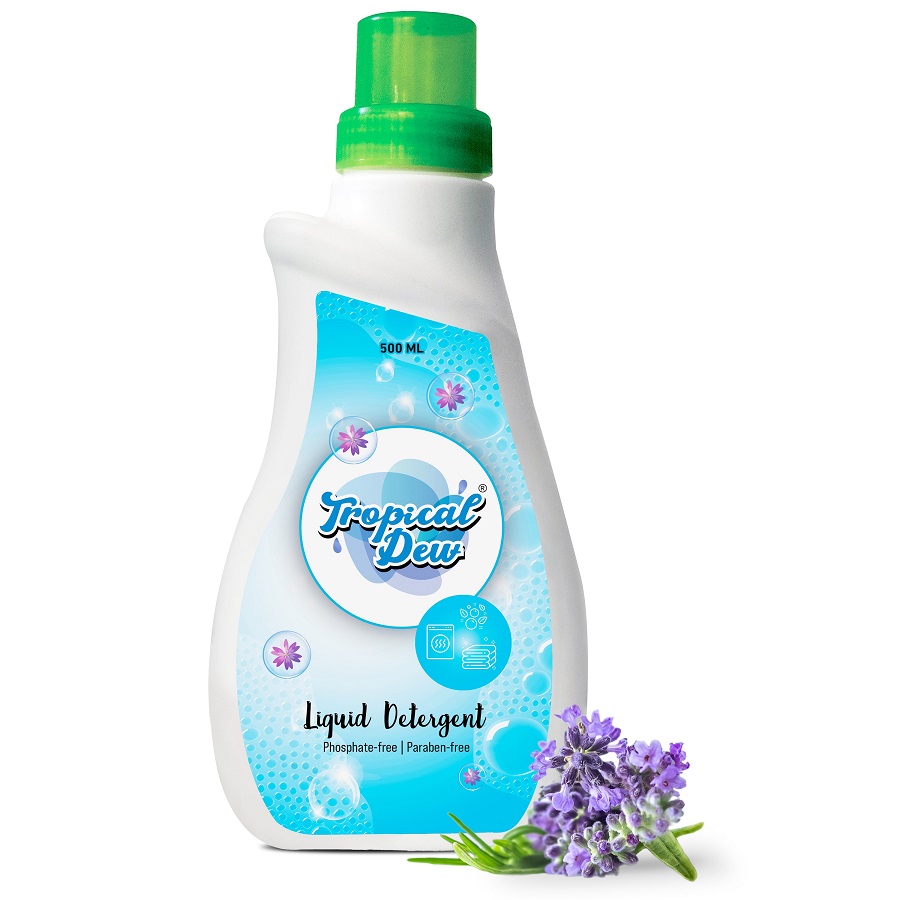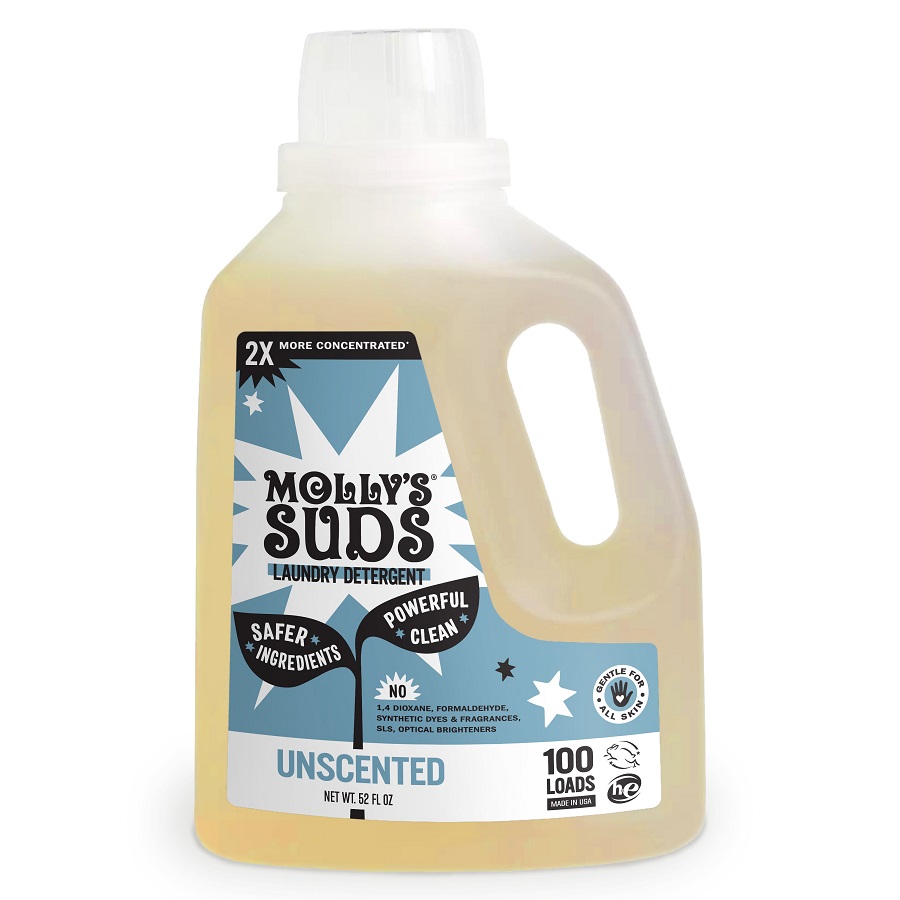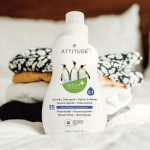Introduction
When it comes to doing laundry, the dilemma between soap and detergent is common. Both aim to clean clothes and remove stains, but they differ greatly in their composition, impact on the environment, and overall cleaning power.
Overview of Laundry Cleaning Agents
Laundry cleaning agents come in various forms, each designed to tackle dirt and stains on clothes. Some preferences may lean towards the natural ingredients in soaps, while others favor the potent stain-removing abilities of detergents. In this guide, we will delve into what defines laundry soap and laundry detergent. We’ll compare their effectiveness, environmental impact, and economic value. Readers will gain a full understanding of these cleaning agents, helping to make informed decisions for optimal laundry care.

Definitions and Differences
Understanding the distinctions between laundry soap and detergent is crucial for achieving the best results on laundry day.
What is Laundry Soap?
Laundry soap is a natural cleaning agent made from fats or oils combined with an alkali like lye. It has a simple structure that lifts dirt gently, making it a solid option for washing delicate fabrics and for those with sensitive skin. Soaps are known for their eco-friendly attributes, as they often contain biodegradable materials.
What is Laundry Detergent?
Laundry detergent comes from synthetic substances, typically derived from petroleum products. It is designed for a powerful cleaning effect, utilizing enzymes and chemicals. Detergents are effective in hard water and at various temperatures, and they are the go-to solution for removing tough stains.
Key Differences in Composition and Use
The main difference lies in their origins: soap is natural, while detergent is man-made. Their ingredients set them apart in terms of environmental impact and suitability for different laundry needs. Soap, being gentler, is better for softer fabrics and is more eco-conscious. Detergent, with its robust composition, provides a more comprehensive cleaning, especially in challenging water conditions.
Cleaning Efficacy
Performance of Soap in Laundry
Laundry soaps gently lift dirt from fabrics. They work best with warm, soft water. Soaps are ideal for delicate clothing and sensitive skin. However, they struggle with greasy or tough stains. Soap may also leave residues in cooler or harder water conditions.
Performance of Detergent in Laundry
Detergents excel in removing diverse stains including grease and grime. Their chemical makeup allows them to operate effectively in all water types. Detergents are made to handle large laundry loads and various fabric types. Their advanced formulas ensure cleaner clothes without depending on water temperature.
Environmental Impact
When it comes to the environment, the products we use for daily chores like laundry matter. Both laundry soap and detergent have distinct ecological footprints.
Ecological Considerations of Soaps
Laundry soaps come from natural sources, such as plant oils or animal fats. They typically contain fewer chemicals and are more likely to biodegrade in nature. As such, they can be considered safer for the environment. But, it’s not all positive. Soaps can react with minerals in hard water, creating soap scum. This scum can pollute water systems and affect aquatic life.
In contrast, the ecological impact of detergents can be more concerning. Detergents are not all the same, and some may contain harmful chemicals. Such ingredients can take a long time to break down, risking harm to water sources and wildlife. However, many manufacturers now offer eco-friendly detergents. These products aim to lessen the impact on the environment by using sustainable ingredients and fewer toxic chemicals.

Economic Factors
When selecting the best laundry cleaning agent, taking economic factors into account is important.
Cost Comparison: Soap vs. Detergent
Soap often comes with a lower price tag than detergent. It is a straightforward substance made from natural ingredients. Detergents, being more complex and powerful, typically cost more. Your budget and cleaning requirements will guide your choice.
Long-term Economic Benefits
While detergents may seem like a pricier option initially, they could offer economic advantages in the long run. Their potent formulas mean you might use less product per wash. This could result in cost savings over time. Soaps, although cheaper, may require more product or additional treatments for tough stains. Always consider the long-term impact on your wallet when deciding between laundry soap and detergent.
Compatibility with Washing Machines
When choosing a laundry cleaning agent, it’s vital to consider your washing machine type.
Suitability of Soaps for Different Washers
Not all washing machines work well with laundry soap. Traditional soaps can create excess suds. This can lead to buildup in your machine over time. For standard machines, this may be less of an issue. However, for high-efficiency (HE) washers, it’s a different story. HE machines need low-sudsing cleaners. Therefore, many standard soaps are not suitable for these machines. Look for soaps labeled as HE-compatible, if that’s your machine type.
Suitability of Detergents for Different Washers
Detergents, on the other hand, are versatile. They are formulated to perform in both standard and HE machines. Detergents dissolve well without creating too many suds. This makes them a safer choice for different types of washing machines. Whether you have a top-loader or a front-loader, detergents won’t leave harmful residues. Plus, they often come in varieties designed specifically for HE machines.
Understanding Laundry Soap vs. Detergent
When it comes to laundry cleaning agents, it’s important to understand the differences between soaps and detergents. Soaps are typically made from natural fats and oils, which can react with hard water to form soap scum. This residue can build up in your washing machine, especially in areas that are hard to clean. Detergents, on the other hand, are synthetic and designed to work effectively in a variety of water conditions. Their formulation helps prevent residue buildup, making them a more efficient option for laundry.
Benefits of HE-Compatible Products
If you own a high-efficiency washing machine, choosing HE-compatible products is crucial. These products are specifically designed to produce fewer suds while still providing excellent cleaning power. Using the right detergent not only ensures optimal performance but also helps maintain the longevity of your machine. HE-compatible detergents are often more concentrated, meaning you can use less product per load, which can be more economical in the long run.
Environmental Considerations
In addition to compatibility with washing machines, it’s worth considering the environmental impact of your laundry products. Many brands now offer eco-friendly detergents that are biodegradable and free from harsh chemicals. These products are formulated to work in both standard and HE machines without compromising cleaning power. By choosing environmentally friendly options, you can reduce your carbon footprint while still achieving clean laundry.

Conclusion
Summary of Findings
The debate on laundry soap vs detergent reveals notable differences in composition, use, and impact. Laundry soap is naturally derived and ideal for delicate clothes and sensitive skin, but struggles with tough stains and hard water. Detergent, on the other hand, excels in removing various stains and works well in all types of water and washing machines. Soap is generally more eco-friendly, while detergents offer robust cleaning but can contain harsh chemicals.
Recommendations for Optimal Laundry Care
Choosing the right laundry agent depends on personal needs and washing conditions. If dealing with tough stains in hard water, opt for detergent. For delicate clothes and sensitive skin, consider laundry soap. Always check product compatibility with your washing machine type, especially if using a high-efficiency model, to avoid damage or inefficiency. Seeking out eco-friendly detergents can also minimize environmental impact while maintaining effective cleaning performance.


